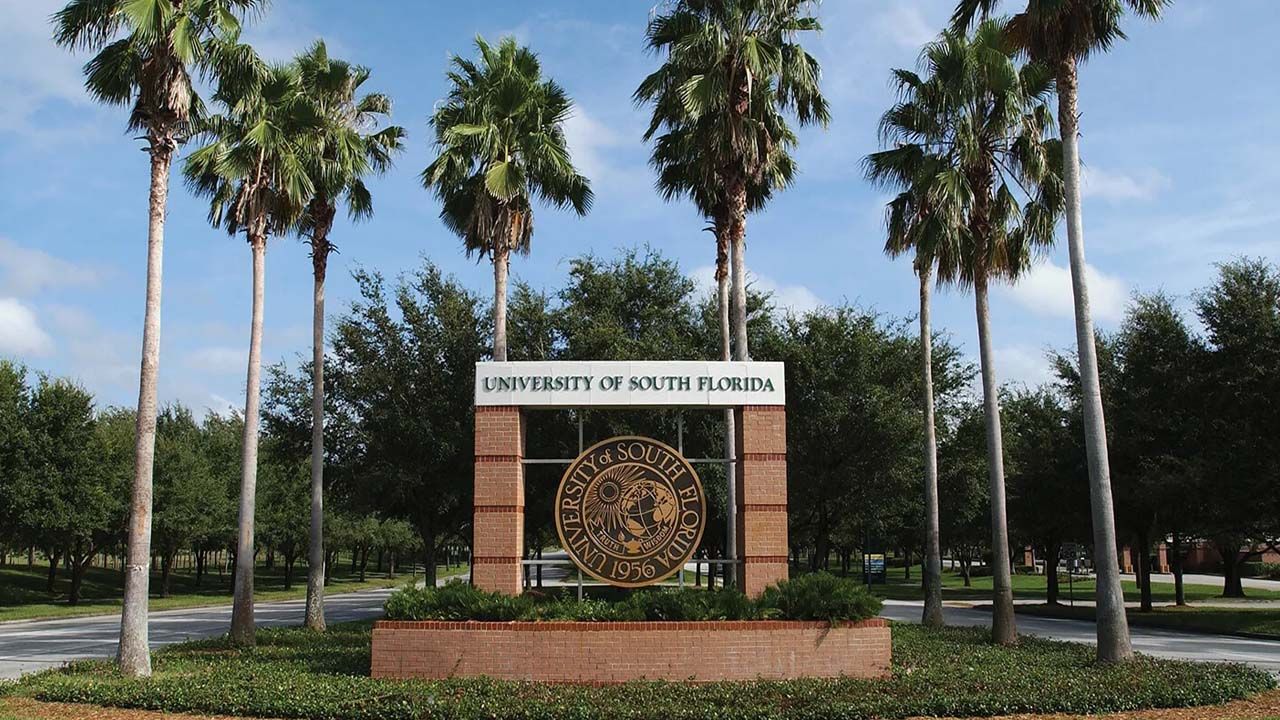By Christopher J Moyer Sr, founder, president & CEO of SME Solutions Group
Most business leaders know the basics and hear “cloud” often. Businesses resist moving from traditional servers to the cloud because they don’t fully understand it. They fear the risks, and costs, of investing in new technology but are unaware of the positive impacts it has on business intelligence and data analytics initiatives. This crash course will help you consider the return on investment of making the jump.
What is the Cloud and Cloud Computing?
When we say your data is in the cloud, we are referring to a network of servers accessed over the Internet. These servers run software and databases to find what you need and deliver it.
Cloud servers are housed in data centers all over the world, meaning organizations are not managing physical servers or running software applications on their machines.
Private or Public Cloud?
A private cloud is a cloud service that is not shared with any other organization. Whereas a public cloud, like Azure and AWS, shares computing services among different customers, but each customer’s data, applications and virtual networks are kept separate.
With the “public or private” question, it comes down to the organization’s goals, budget, and compliance constraints.
A public cloud is like renting an apartment, while a private cloud is like renting a similarly-sized house. The house is more private, but it typically costs more to rent. Maintenance in the apartment is handled by the building supervisor. In the house, it’s more involved (getting the contractor out or doing it yourself). In both situations, you still have the key to your cloud.
We see customers preferring a hybrid cloud approach (a private cloud with one, or more, public cloud services, with software enabling communication between each) for greater flexibility by moving workloads between cloud solutions as needs, and costs, fluctuate.
Why are companies moving to the cloud?
- Cloud computing, typically, means systems are being monitored 24/7. This is usually difficult to replicate on-site since traditional employees require days off, vacation time, sick days and aren’t available 24 hours a day.
- In traditional infrastructure and system management, regular maintenance means downtime. With cloud computing, the system is typically managed across multiple regions, reducing, or eliminating system downtime.
- Clouds are scalable and elastic, you can upgrade or downgrade services, storage, bandwidth, etc. quickly and seamlessly.
- Transferring to a cloud-based platform means in-house IT teams have less day-to-day management of the infrastructure, giving your team more time to implement changes that facilitate company growth.
- More and more employees are working virtually or taking data on-the-go. This used to mean limited, or outdated, access to data. The cloud enables governed access.
What about security?
In-house computing can mean less room for network breach, but it also means increased opportunity for error. With in-house computing, data is stored in a single location. In the case of natural disaster, or theft, data and systems are more likely to be permanently lost. In cloud computing, your data, infrastructure and services are likely spread over multiple servers, in different regions, and undergo updates, compliance modifications and security protocols, typically resulting in more secure computing.
Isn’t it more expensive?
The reduction in IT costs is one of the main advantages of choosing cloud computing over internally hosted infrastructure solutions. This comes from being able to provision flexible infrastructure, where you only pay for what you use. In addition, internal computing can be costly when you consider the time, and costs, of purchasing, housing and maintaining equipment.
Cloud computing saves time, and money, and that is why companies are making this shift and making it now.
What does it look like in practice?
While all industries utilize the cloud, healthcare is using it to make a difference in operations and patient care. And the U.S. government and military were early adopters of cloud computing and “shifted focus from the technology itself to the core competencies and mission of the agency.” In the next year, I expect to see an increase in companies moving to the cloud.

Whether your tech stack includes Software as a Service like Slack, Infrastructure as a Service like Microsoft Azure, or Platform as a Service like Openshift, it’s vital to unify the ecosystem for a data-first approach.
Chris Moyer is Founder, President & CEO of SME Solutions Group, a Tampa-based firm that focuses on data integration, automation, cloud storage, governance, literacy, and analytics. With 20+ years of experience, Chris capitalized on his business intelligence and process improvement expertise by launching SME in 2011 after spending most of his career with FPL & NextEra Energy. For more information contact Moyer at [email protected].















